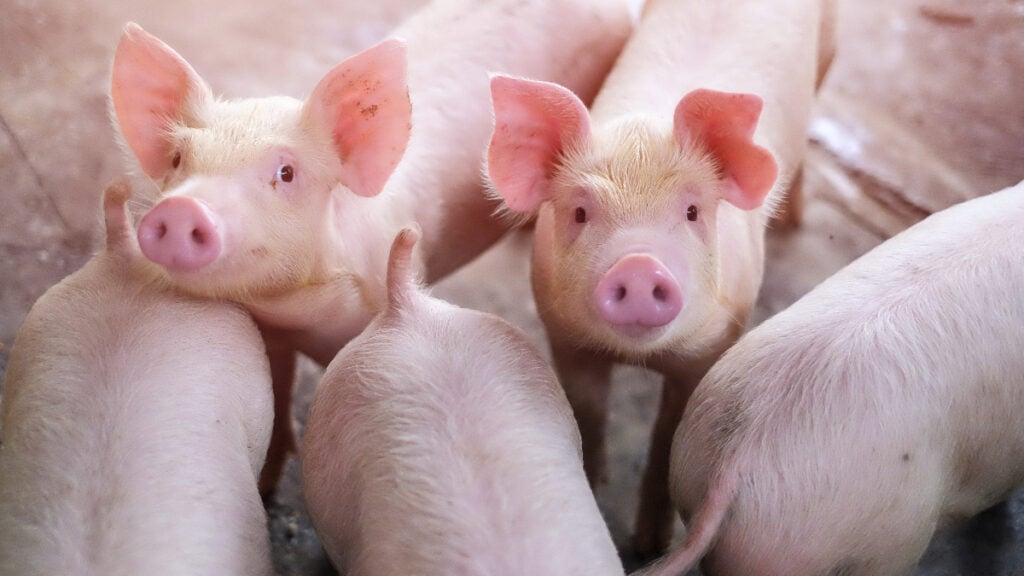Based on global estimations, eating a plant-based diet spares the lives of 105 animals per person each year, a study found.
In 2018 alone, over 772 billion animals were killed for human consumption, and most were fish. This excludes the amount of animals killed in the animal agriculture supply chain.
The study used this data to form its predictions on how many lives each person saves by going plant-based.
Animal agriculture
The report, published by the non-profit organization Animal Charity Evaluators, based its projections on data provided by the Food and Agriculture Organization of The United Nations (FAO).
Among the 772 billion animals killed for food, almost 90 percent were fish, it concluded.
Most of the 85.6 billion farmed birds were chickens, according to the data. Moreover, humans slaughter around 4.5 billion farmed animals, such as cows and pigs each year.
The data didn’t just include animals killed in the meat industry. For example, male chicks killed in the egg industry formed part of the figures.
Eating plant-based
From these figures, the charity predicted how many lives were saved on average each year.
By eating a plant-based diet, an individual saves the lives of 105 animals, it concluded. This is across thousands of fish species and 13 farmed animal species.
Of those lives saved, 93 are wild-caught and farmed fish whereas twelve are farmed land mammals.
Supply chain
The study’s estimations exclude the lives lost in the animal agriculture supply chain. An example of this is when animals are killed as feed for other animals – which often occurs on fish farms.
This includes bycatch, which is when unwanted fish are thrown back into the sea. In addition, the data excluded the mass of shellfish caught and killed for human consumption.
It also doesn’t count animals killed by deforestation as a result of animal agriculture.
ACE’s research works to shed a light on the impact of animal agriculture, and global benefits of eating plant-based. It supports a range of charities that work to prevent the suffering of ‘as many farmed animals as possible’.
You can find out more about ACE here
This article was updated on 8/12/21 to update a spelling error






